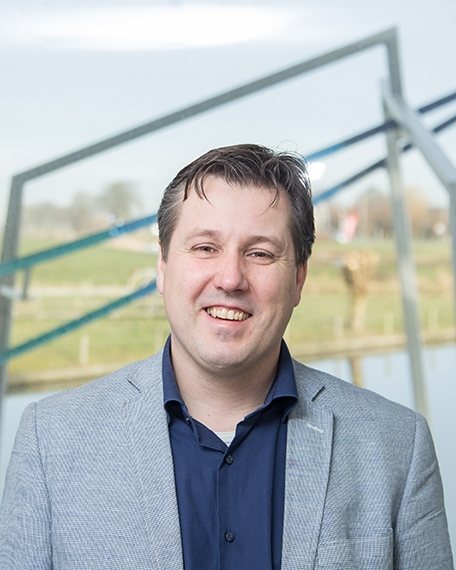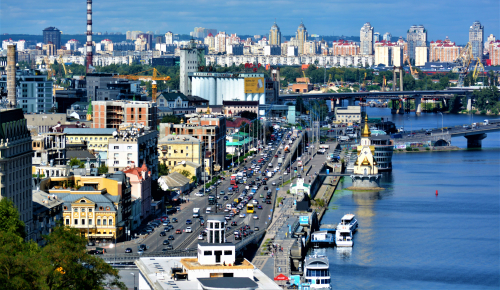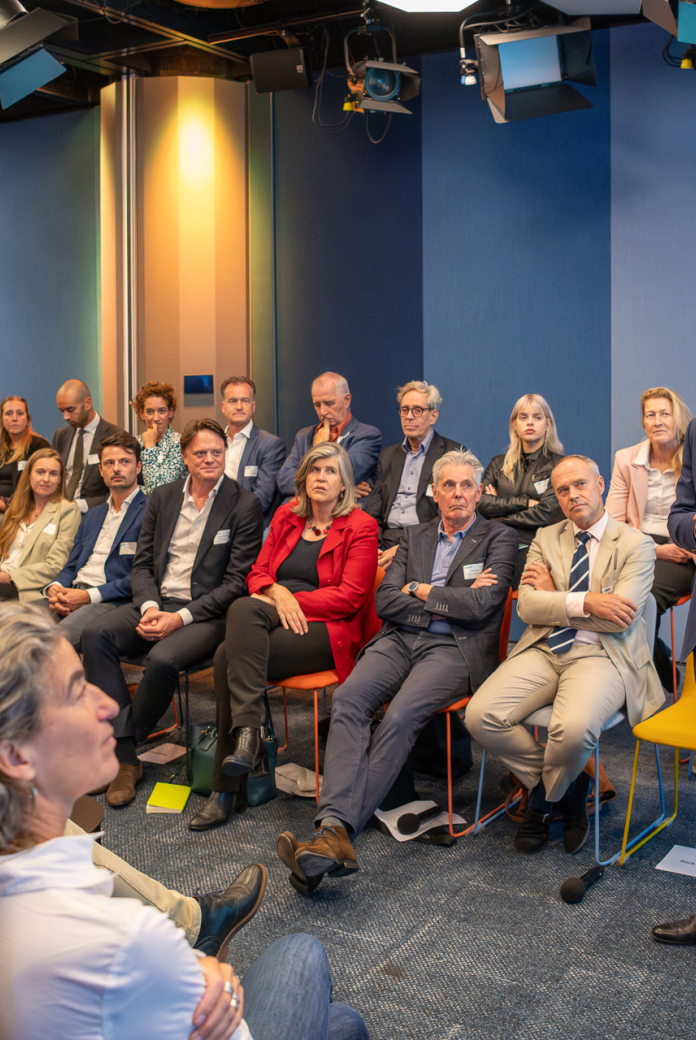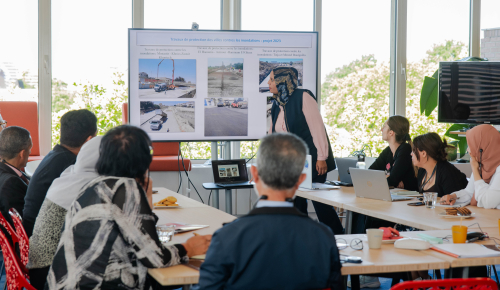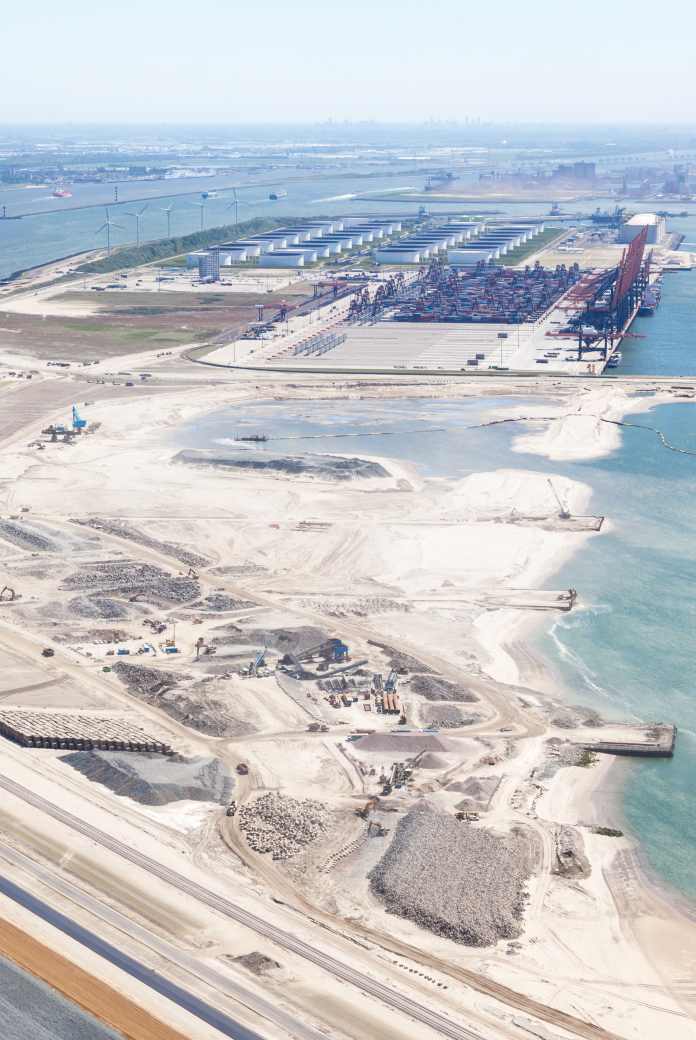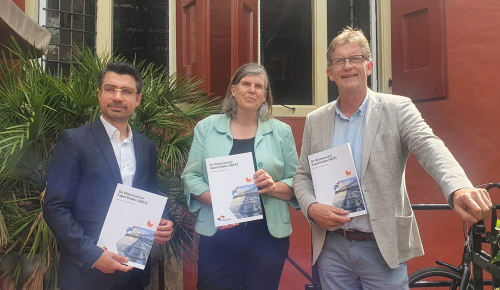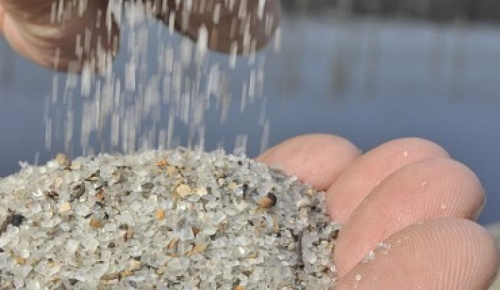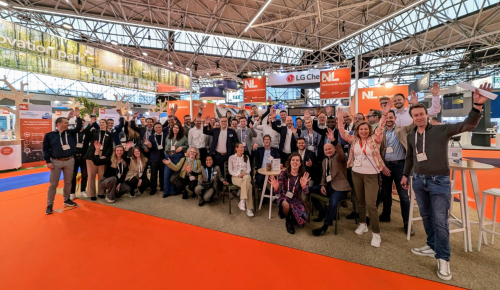News
19 August 2021Molecular technology in the treatment of water
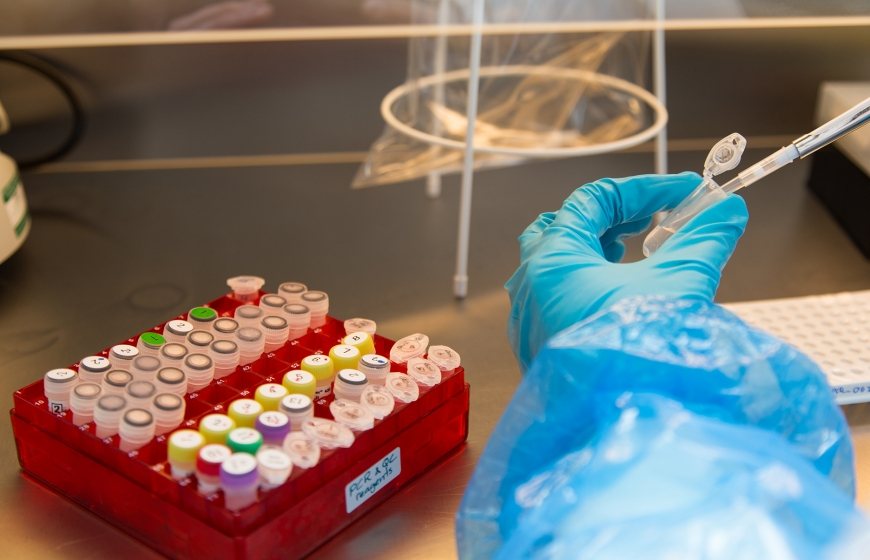
For the past eight years, NWP’s newest member, Orvion has been finding innovative ways of using microbiology techniques to help clean up the environment through soil remediation, water treatment, monitoring water quality and industrial processes. CEO and owner, Marc van Bemmel says his fascination for nature is what motivated him to seek natural ways of dealing with pollutants.
“We can learn a lot from nature, for instance as human beings, we generate a lot of waste which we often cannot get rid of, whereas in nature, there is a connected system where everything has its own function. For example, bacteria neutralise the waste of one organism, creating new building blocks for another. It is a collaborative process that is able to sustain itself because different organisms work together.”
DNA and RNA technology
Orvion uses molecular technologies (based on DNA and RNA) to identify and monitor bacteria, for instance in samples taken from contaminated areas. Once the bacteria that degrade the contaminants are identified, they can then be used as a practical solution. One of the main techniques the company uses is qPCR (quantitative Polymerase Chain Reaction) which is similar to the PCR test currently used to detect the coronavirus. Using Orvion’s own customised software to develop and validate new qPCR tests, this test can measure specific bacteria species and analyse their properties. In water sources, this process provides information on the microbial quality of the water and helps determine treatment options and control mechanisms.
NGS (Next Generation Sequencing)
A new technology known as NGS (Next Generation Sequencing) is now taking this analysis to a deeper level by mapping the microorganisms present in a sample - not only bacteria, but also other microorganisms and flora and fauna. This is especially interesting because it provides the unique opportunity to view the entire microbiological community and identify the key players in these communities. It therefore offers better opportunities to preserve the biological balance and health of water and land resources. A good example is the unwanted formation of nitrous oxide in wastewater treatment plants. NGS allows the bacteria that are related to high nitrous oxide emissions to be identified. If we alter the treatment conditions in such a way that these bacteria are no longer dominant, this will reduce emissions of nitrous oxide. Van Bemmel explains. “The ability to identify these important organisms and monitor them closely is the key to reducing these unwanted emissions. Many other environmental problems could be solved in the same way by analysing and understanding natural communities, identifying key organisms, changing conditions and then monitoring the resulting community changes closely. In other words, to help nature solve our problems and to understand how it does so, so we can learn and be inspired.”
Field testing for COVID-19 and faecal indicators
In addition to projects here in the Netherlands and in Western Europe, Orvion is also working in various countries in Africa to test for COVID-19 in sewage and monitor the quality of drinking water. In Kenya, Orvion is helping the Government track COVID-19 trends by using its mobile qPCR test to test sewage samples via a mobile qPCR pipeline. The system is called Orvion Udetect®. Udetect can conduct the qPCR analysis right next to the sewage plant within one and a half hours. It does not require refrigeration and is small and mobile, which saves time and money. “The test is easy to use and can be carried out by people who have no laboratory training,” adds Van Bemmel. He points out that another advantage of Orvion Udetect® is that the equipment fits into a backpack and can be powered by a car battery. The ability to test for COVID-19 contamination in sewage is helping governments to get a quicker handle on how the virus is spreading and what trends are developing in the various regions.
Orvion Udetect® is also being used in Mozambique to analyse water samples for the presence of faecal bacteria such as E. coli and salmonella. This shows which water sources are contaminated and in need of treatment or repair. Van Bemmel explains that “Testing and accessing results on-site in such remote areas is unique because it provides quality data that can hardly be collected any other way. This is especially useful after a pipe has been repaired, for example, so that the network can be released as soon as possible.”
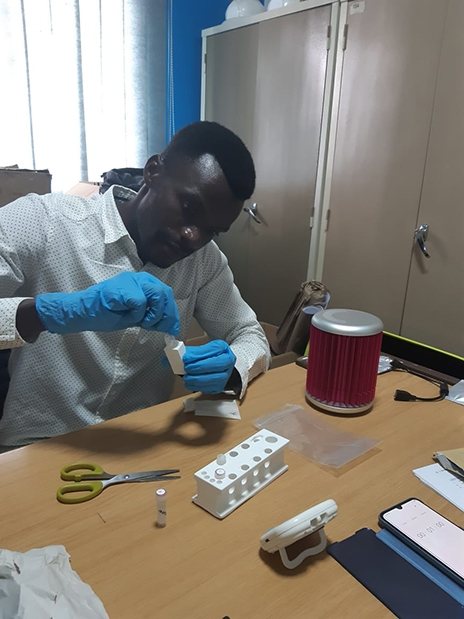
Treating pollution with biological processes
Van Bemmel points out that many water treatment plants still use chemicals. He would like to see greater use of natural purification methods. “Even though many water treatments are biological, people still add chemicals to the process. We have strong data that support that a better understanding of the bacteria and analyses can optimise water treatment so that you need less chemicals. If you look at sewage treatment here in the Netherlands, it is largely done biologically using bacteria to digest the waste. However, if there are any doubts or if something goes wrong in the process, chemicals are added. We believe that if you apply NGS or our qPCR test to monitor the water source, you would be able to see if there is a problem with the bacteria earlier and change your process conditions in time to avoid chemical usage.”
Although Orvion designs screening tools, its services extend beyond analysis. “We are more than just a testing laboratory. We are now using our software to help clients quickly and efficiently make sense of the data that we collect. This is important because it not only helps to characterise and eliminate pollutants, but also to find ways to prevent further causes of contamination.” Orvion’s goal is to further expand the use of DNA technology in the treatment of water, ground, air and waste materials. Its CEO sees this as an important step in moving towards biological and less invasive methods instead of chemical ones. “This is better for the environment and for human health in the long run. A simple act such as adding more oxygen or changing the amount of waste can positively influence the bacterial activity.”
Monitor organisms in water
The company would like to work with others in the Dutch water sector to collect more use cases and more data. This could make a huge impact in the way drinking water is analysed and treated. Van Bemmel explains that “A lot of analysis is currently done using E. coli as the gold standard for monitoring faecal contamination because it is easy to grow in a lab. We have strong indications that other organisms such as Bacteroides are a better indicator for faecal contamination than E. coli. Bacteroides can easily be analysed with qPCR and qPCR can also monitor more species simultaneously so that other bacteria such as salmonella or even cholera can be detected in addition to the faecal indicator organism. This will yield more accurate information that is based on a broader set of indicators and allow for better and more focused treatment options.
People should remember that water contains living organisms and they should take that into consideration when looking for treatments. The more data we can collect on the various microorganisms and how they thrive, the better we will be able to prevent contamination and control the treatment process. I am calling on any company passionate about improving water quality to reach out to us so we can explore this further.”
